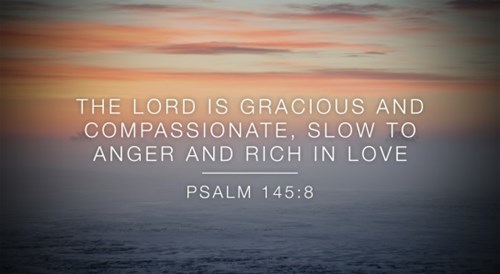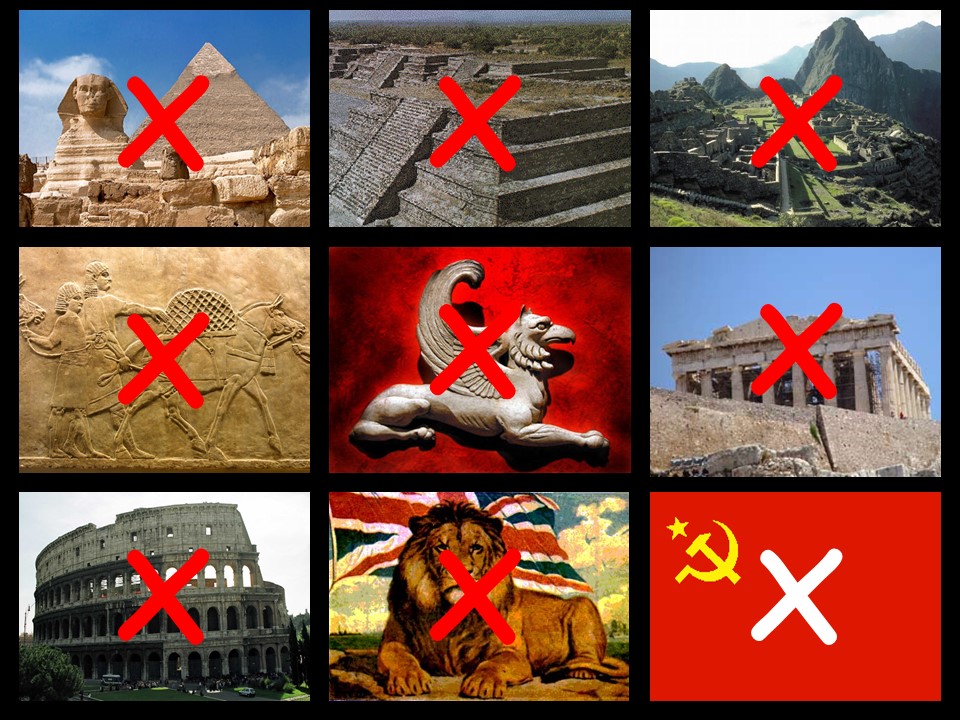This is a copy of my ‘sermon’ preached at our Virtual Service at Emmanuel, Billericay, on Sunday 5 July 2020. The Bible Reading is Psalm 145:1-13. If you didn’t get a chance to watch this when it was released, you should be able to catch up at Emmanuel YouTube or Facebook.
Introduction
I always find the study of the Psalms to be very exciting, mainly for the reasons they were originally written and compiled. The Psalms are the words of men to God as they responded to the many situations, and dilemmas, in which they found themselves. Situations not too dissimilar to ones in which we find ourselves on a daily basis. This is what Charles Spurgeon meant when he wrote that: “The Psalms are to be experienced rather than studied.”
I often hear the comment that the Bible is not relevant to where people are at today – the Psalms have no such problems attached because they are not out of touch with the harsh realities of life, nor do they observe the world through rose-tinted spectacles. They reflect the reality of human experience, warts and all.
We get a glimpse of the God David experienced in Psalm 145 and he describes five great qualities of God in vs1-13: His Great Works, His Great Deeds, His Great Goodness, His Great Love and His Great Kingdom.

1) His Great Works vs1-3
This Psalm offers some tremendous words of praise for who God is; for what He’s done; and for what He gives. Vs1-3 explains how God is worthy of our praise, whatever the circumstances in which we may find ourselves.
These first three verses have some unusual words in them: exalt, extol, worthy, and fathom. To exalt means to lift someone up high. Extol is another word for praise, and worthy means that something is well deserved.
If we were going to use simpler language for these verses, we might write:
I will lift you up high, my God and King. I will praise your name forever and ever. Every day I will praise you. Great is the Lord. He deserves lots of praise; He is so great that no one can understand how great he is.
Have you ever enjoyed something so much that you couldn’t stop talking about it? Maybe it was a really good movie or a sporting event. Maybe you had lots of fun with a friend or your family. If you kept talking about it again and again, your friends or family might say, “OK, we get it – it was great! You can stop talking about it now!”
David can’t stop talking about how great God is and how much he wants to praise Him. He’s going on and on about it. He doesn’t praise God for doing anything specific—he’ll do that in later verses. In these opening verses he just praises God for who God is.
2) His Great Deeds vs4-6
David looks back on the many blessings he’d received from God in the past and he couldn’t help but praise Him for who He is and for what He had done.
Vs4-6: One generation commends your works to another; they tell of your mighty acts. They speak of the glorious splendour of your majesty – and I will meditate on your wonderful works. They tell of the power of your awesome works – and I will proclaim your great deeds.

No doubt David recalled, and spoke of, the times God delivered him from wild animals as he tended his father’s flocks; perhaps he remembered how he’d slain Goliath against all the odds; or how God had raised him up from being a humble shepherd boy to sit on the throne.
I’m sure there are times when each one of us look back at the works of God in our own lives and we praise him for what He has done. There’s no doubt that we all have much to be thankful for as we look back over our lives and the life of our church:
• We remember the many answers to prayer.
• We remember those special times when the HS touched our lives.
• We remember His presence with us through these dark/difficult days.
• We count our blessings and ‘name them one by one!’
I believe that hindsight is one of the greatest attributes we have as Christians. I say this because if we are feeling a bit low or out of sorts, looking back breathes new life into our weary spirits! I believe that we should deliberately plant markers along the way in our journey of faith so that we can look back at them for encouragement in difficult times.
3) His Great Goodness vs7
When people testify about the works that God has done, they reveal the good things God has done. Vs7: They will celebrate your abundant goodness and joyfully sing of your righteousness.
Maybe you find it hard to believe that God is really good, generous, kind … and that he wants to do something good for you. This can be a foreign concept for many people because of family, background and religious baggage.
Some people intuitively believe that God isn’t for them at all, that he is always asking us to do something without having our best interests at heart or giving us anything in return. I’m reminded of that verse in Romans 8:31:

A distorted perception of God produces a god who looks like a menacing policeman with radar vision and no sense of humour, waiting for us to make a mistake. Or he’s like the angry parent who’s always critical, no matter how well we do on our report card, always insisting that we could have done better. Those images that have infiltrated the minds of many people over the years and stopped people from trusting in him.
This God whose goodness I have been describing, has demonstrated this part of his nature to us. He has given us proofs to demolish the wrong ideas that you and I have built up in our minds. If God is the greatest because of His goodness, God is the greatest because of His great love.
4) His Great Love vs8-9
God shows that He is good not just by His great works, but also by His love. David recognised that God made a difference to his present situation and we see this in vs8-9, and these verses are written in a present tense, that is, they describe something of the attributes of God for today. He is gracious and compassionate, slow to anger, rich in love, good to all …

These five qualities are like peeling away the layers of an onion. The outer layer is made up of God’s works and faithfulness. The second layer is made up of God’s goodness and God’s kingdom. The third and innermost layer is made up of God’s love. You peel away God’s works, rule, faithfulness, and His goodness and you see the core is made up of God’s love.
This is how much God loved the world: He gave his Son, his one and only Son. And this is why: so that no one need be destroyed; by believing in him, anyone can have a whole and lasting life. God didn’t go to all the trouble of sending his Son merely to point an accusing finger, telling the world how bad it was. He came to help, to put the world right again.
John 3:16-17 (The Message)
Yesterday, 4 July, Independence Day, was the 22nd anniversary of my being priested (I was ordained in 1997). So I have 23 years in ordained ministry and one of the reasons I’m in ministry is because God’s love turned my life upside down and changed my life for the better and I never tire of wanting people, young and old alike, to find Jesus for themselves. And each one of you are part of this church family because you’ve experienced the touch of God on your lives in some way. God’s love is why the church exists.
5) His Great Kingdom vs10-13
All Your works praise you, LORD; Your faithful people extol you. They tell of the glory of Your kingdom and speak of Your might, so that all people may know of Your mighty acts and the glorious splendour of Your kingdom. Your kingdom is an everlasting kingdom, and Your dominion endures through all generations.
A few years ago, Paula and I went on a Nile cruise to Egypt and we had the chance to visit some amazing places – Abu Simble, Luxor, and Karnak temples. I’ve been to the Great Pyramids of Giza too – it was a fantastic experience.
One of the interesting things we learned was that the gods of the Egyptians changed regularly – depending on the fetishes of the Pharaoh or the mood of the people. Their gods, like many in the world today, were not very consistent! And we live in an age where people make gods and beliefs to suit themselves.

The kingdoms of this world are appealing yet we need to be reminded that, for all their power, they are limited and will not last. Where now is Nebuchadnezzar’s Babylon? Hitler’s Reich? Stalin’s Union of Soviet Socialist Republics?
So many kingdoms of the earth have come and gone – but God’s kingdom has stood the test of time and will, undoubtedly, stand forever. The God of the Bible hasn’t withdrawn Himself, forsaken us, forgotten us, left us, or changed with the seasons – He’s alive and well and present in our world today.
He wants to make a difference to our lives so that we can make a difference in the lives of others to extend His Great Kingdom here on earth. It is what we pray, isn’t it? Your kingdom come, Your will be done, on earth as it is in heaven!
And remember how Jesus preached the love of the Kingdom of God. He preached good news to the poor; he proclaimed freedom for the prisoners; and recovery of sight for the blind. He preached the forgiveness of sins and extended God’s healing touch to all (Luke 4:18-19).

Jesus was to be found amongst the multitudes; the untouchables; the rich; the poor; the sinners; the alienated; the forgotten; the abused. He was moved with compassion when he saw the mess peoples live were in and saw them wandering around like lost sheep without a shepherd.
Living in this way means that we recognise, and make use of, the many ‘new’ opportunities to show God’s love to others. That should be a little easier in the coming months as lockdown eases. We can do no worse than to follow the example of Jesus.
Conclusion
As lockdown eases, I’m wondering what kind of church / society will emerge. These past few months have been heart-breaking and strangely heart-warming at the same time.

If lockdown has done anything, it has focused our minds on what is important, We have seen an increase in generosity and benevolence which is almost unknown as neighbour has served neighbour and churches have served communities.
The ‘new’ normal that we talk about will be hugely different from the normal of a few months ago. On Radio 4’s ‘Thought For The Day’ journalist and writer Martin Wroe said that we shouldn’t go back to normal (whatever that is): “because normal was already not working for most people most of the time.”
However, I think coming out of lockdown will be more challenging than lockdown itself. The journalist Douglas Murray said this week: “Britain is suffering a nervous breakdown.” I think he’s right. I’m sure we will see a huge amount of latent grieving, PTSD and an increase in Mental Health related issues. We’ll have our work cut out in reaching out to, and supporting, the community around us.
The Church at these times becomes both a touchstone of hope and a pillar of strength for those otherwise rendered helpless by despair. It’s both what it’s for and what it’s best at, offering the defiance of an unquenchable and universal love and peace …
George Pitcher
Psalm 145 reminds us that we have a great God who: has done great things, has great goodness, has great love, and wants to build a great kingdom. May each of us rejoice in what the Lord has been, continues to be, and may we all be willing co-workers together with Him, and each other, as we commit our future into His hands.
COPYRIGHT DISCLAIMER: The text contained in this sermon is solely owned by its author, Revd Paul A. Carr. The reproduction, or distribution of this message, or any portion of it, should include the author’s name.
The video below by Chris Tomlin happens to be a song of the same name as my talk!!

